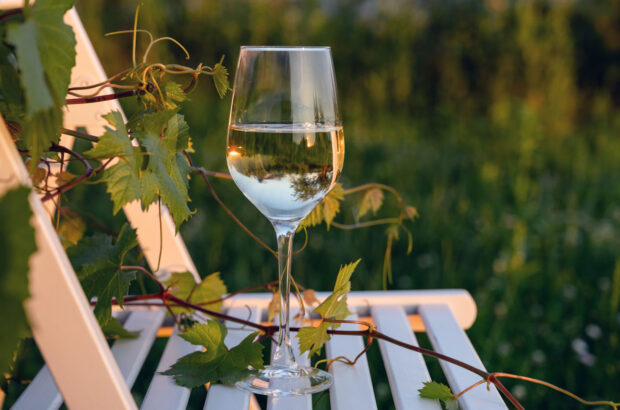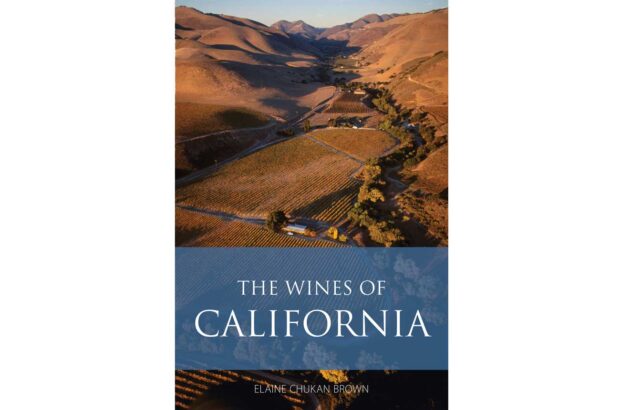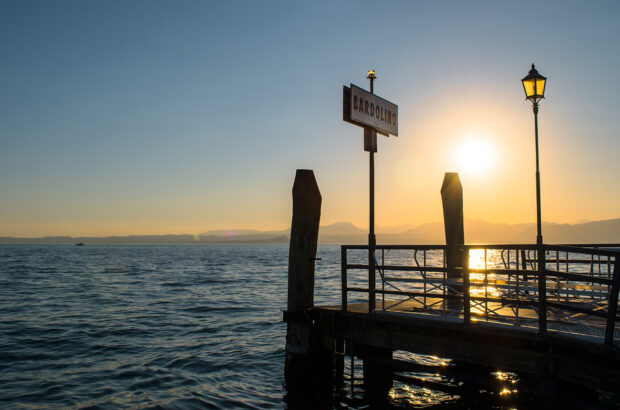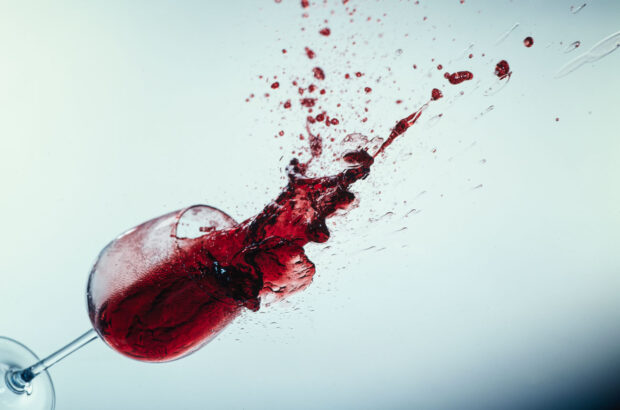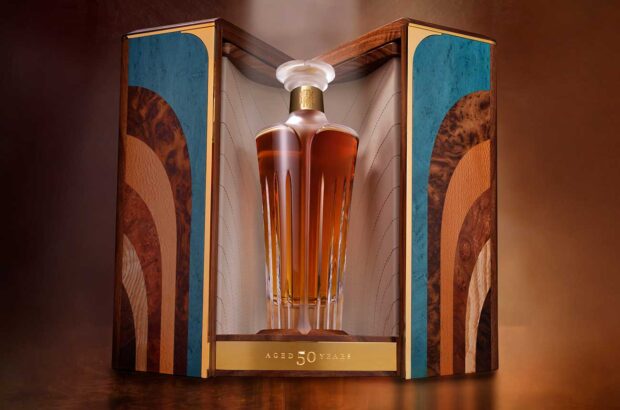How long does bag-in-box wine last? – ask Decanter
An advantage of bag-in-box wine is that it can last much longer than an open bottle, depending upon how quickly you drink it, of course. So-called ‘BiB’ wines also tend to be lighter and easier to carry and store.
With many countries under lockdown due to the outbreak of Covid-19, bag-in-box wine could be a good way of stocking up.
In general, it will state somewhere on the box roughly how long the wine can stay fresh.
Some producers say wines can last for up to six weeks after opening. That compares to just a few days for many bottled wines, although fortified styles, like Port, will go for longer.
See our top bag in box wine recommendations
Once a wine has been opened, oxygen can interact with the wine and impact on the flavour.
This happens more slowly for bag-in-box wines.
However, boxes and pouches are not deemed suitable for ageing fine wines, because the plastic used is permeable and will cause the wine to oxidise over time.
Why bag-in-box wines last longer than open bottles
‘The tap and plastic bag in bag-in-box wines help to prevent oxygen ingress, keeping the wine fresh once opened for a number of weeks,’ said James Button, Decanter’s regional editor for Italy.
‘The plastic is permeable on a microscopic level, however, which explains why bag-in-box wines still have expiry dates. The wine will become oxidised within a few months.’
He added, ‘Despite what some say on their packaging, I would say keep them for three weeks, or four weeks at absolute maximum.’
It’s probably best to keep the bag-in-box wines in the fridge, even for reds, as with an opened bottle of wine. In any case, most red wines in a box tend to be lighter styles that are best enjoyed slightly chilled.
Other benefits of bag-in-box wines
If you’re watching your environmental credentials, bag-in-box wines could also be the answer. With more wine in less packaging, the carbon emissions of transportation are significantly reduced.
‘It’s eco-friendly, and the lower shipping costs mean that we are able to pass on the value to you – in other words, you get a better wine for your buck,’ said St John Wines recently on it’s Instagram page.
‘These formats address some of the ecological, financial and qualitative issues around wine; even if they don’t have the same visual or romantic appeal as a traditional wine bottle, and aren’t really suitable for ageing wines,’ said Button.
First published in August 2017 and updated March 2020.



